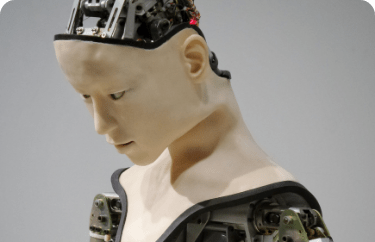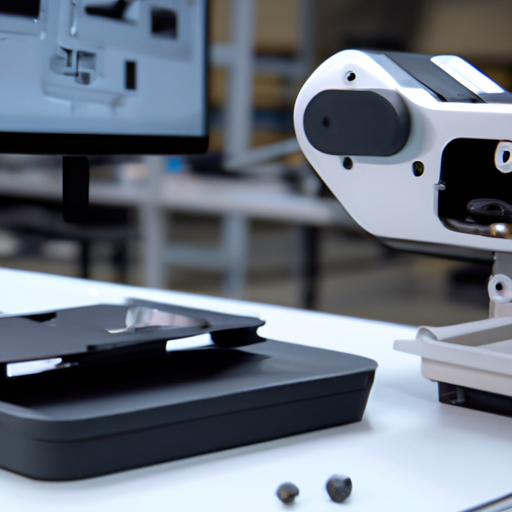The Transformational Impact of AI and Machine Learning on Plastic Surgery and Aesthetics: Unveiling Opportunities and Confronting Challenges
- Ijeoma
- July 20, 2023
Artificial Intelligence (AI) and Machine Learning (ML) have swiftly emerged as groundbreaking technologies revolutionizing various industries, including healthcare. In the field of plastic surgery and aesthetics, these cutting-edge technologies are transforming traditional practices, offering exciting opportunities for both patients and practitioners. This article explores the profound impact of AI and machine learning on plastic surgery and aesthetics, highlighting the exciting possibilities they present and the challenges that need addressing.
Enhanced Personalization and Patient Outcomes
AI and machine learning analyze vast amounts of patient data, enabling plastic surgeons to deliver personalized treatment plans and predict outcomes more accurately. With this knowledge, surgeons can tailor procedures to meet individual needs and achieve more desirable results.
Real-time Augmented Reality Simulations
AI-powered augmented reality (AR) technology allows patients to visualize potential outcomes before surgery. Surgeons create realistic simulations, helping patients make well-informed decisions, reducing post-surgery dissatisfaction, and increasing satisfaction.
Efficient Medical Image Analysis
Machine learning algorithms revolutionize medical image analysis, allowing surgeons to assess pre-operative imaging with higher precision, resulting in better outcomes and reduced complications.
Optimized Workflow and Resource Allocation
AI and machine learning streamline administrative tasks, optimizing workflow, and resource allocation. This increased efficiency benefits both patients and practitioners, leading to improved overall experiences.
Early Detection of Skin Cancer and Lesions
AI-driven image analysis tools help detect skin cancer and identify suspicious lesions early, enabling prompt intervention and potentially saving lives.
Patient Safety and Risk Prediction
AI models analyze patient data to predict potential risks associated with plastic surgery procedures, ensuring patient safety and reducing the likelihood of adverse events.
Automated Robotic Surgery
AI and machine learning pave the way for automated robotic surgery, enhancing precision and reducing the risk of human error, leading to improved cosmetic results and faster recovery times.
Challenges of Bias and Data Privacy
Biases in training data and data privacy are challenges that need to be addressed to build trust between patients and AI-driven healthcare technologies.
Clinical Adoption and Training
Proper training and education for healthcare professionals are essential to effectively integrate AI-driven tools into plastic surgery and aesthetics.
Ethical Considerations
Transparent communication with patients about the use of AI algorithms and addressing ethical concerns are vital for responsible integration of AI in plastic surgery and aesthetics.
Conclusion
AI and machine learning have a transformative impact on plastic surgery and aesthetics. With personalized treatment plans, real-time simulations, and enhanced patient outcomes, these technologies empower patients and revolutionize surgical practices. However, ethical considerations and addressing challenges like bias and data privacy are crucial to ensure responsible integration. By embracing AI mindfully, the future of aesthetics and plastic surgery promises improved patient outcomes and increased satisfaction.

Robotic Process Automation
Blog Categories
Feel free to get in touch with our experts.
Other articles
Emerging Chatbot Trends: AI Technology, NLP, Sentiment Analysis & Multi-Language Support for Customer Support
Enhancing healthcare through intelligent conversation. Enhancing Mental Health Support and...
Read MoreHow to Get Started with AI and RPA
Introduction to AI and RPA: A Beginner’s Guide Artificial Intelligence...
Read MoreAI and RPA for Customer Service
The Impact of AI and RPA on Customer Service: Enhancing...
Read More




